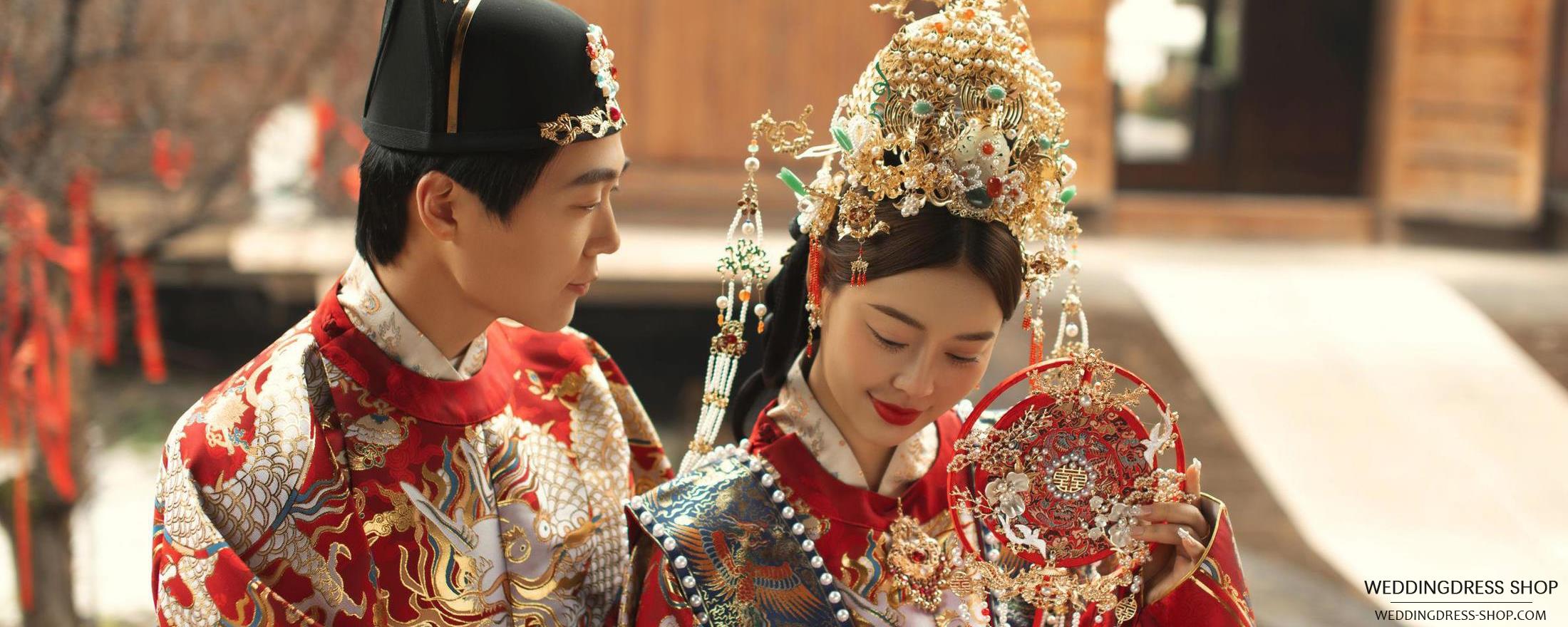The Three Books and Six Rites are ancient marriage customs. Only after performing the Three Books and Six Rites can it be considered a true matchmaker marriage. The "Three Books" refer to the documents used in the process of the "Six Rites", including the letter of appointment, the letter of ceremony, and the letter of welcome. The "Six Rites" refer to the entire process of marriage from proposal to completion, including the six ritual laws of accepting gifts, asking for names, offering blessings, offering gifts, requesting dates, and welcoming relatives.

1、 The Origin of the Three Books and Six Rites
The history of the Three Books and Six Rites can be traced back to the Western Zhou Dynasty. The "Six Rites of Marriage" during the Western Zhou Dynasty had a significant impact on the forms of marriage in subsequent dynasties. The ancient Chinese books "Li Ji" and "Yi Li" both discuss this.
The Book of Rites records: "Those who perform the ritual of mourning will combine their surnames and serve in the ancestral temple at the top, and continue to serve in future generations at the bottom. Therefore, men attach great importance to the ritual of mourning and accept gifts, ask for names, receive blessings, receive rewards, and ask for blessings
The Book of Rites states: "There are six rituals for fainting: accepting gifts, asking for names, receiving blessings, accepting rewards, requesting appointments, and welcoming in person
2、 The specific content of the Three Books and Six Rites
1. Three books
Appointment letter: a document of engagement. When a man and a woman enter into a marriage contract in Najib, a letter is handed over from the man's family to the woman's family.
Book of Rites: A document used during a grand ceremony, listing the items and quantities of the ceremony.
Welcome letter: a document for marrying the bride. It is a document given by the man to the woman when welcoming her through the door.
2. Six Rites
Na Cai: The groom's family invites a matchmaker to propose to the bride's family. After the bride's family agrees, the groom's family prepares gifts to propose.
Name: The man's family asks a matchmaker to ask for the woman's surname and birthdate, as intermarriage is not allowed in families with the same surname.
Najib: After the man retrieves the woman's name and birthdate, he practices divination at the ancestral temple. After the auspicious omen was announced, the bride's family was notified and it was decided to enter into marriage.
Nazheng: The male party sends a double number of women to present gift letters to the female party's family, and the female party entertains these "blessed individuals" and gives them gifts in return.
Request: The groom's family chooses a wedding date and prepares gifts to inform the bride's family, seeking their consent.
Qinying: The etiquette of a man marrying a woman to his home. After the welcoming ceremony is over, the six rituals are considered complete.